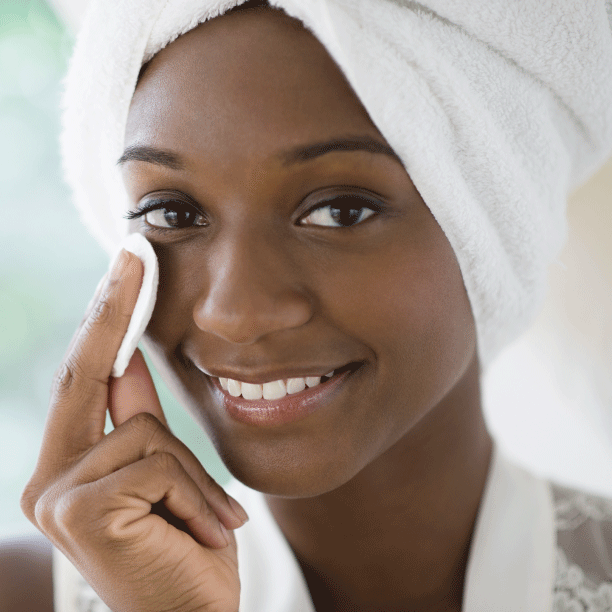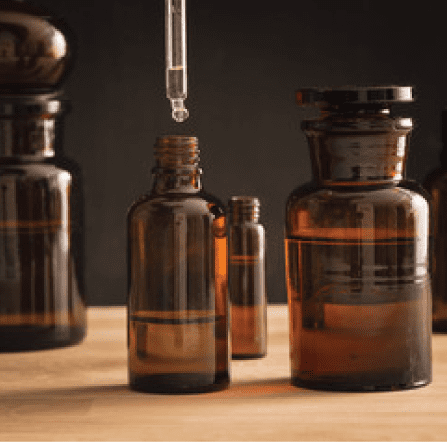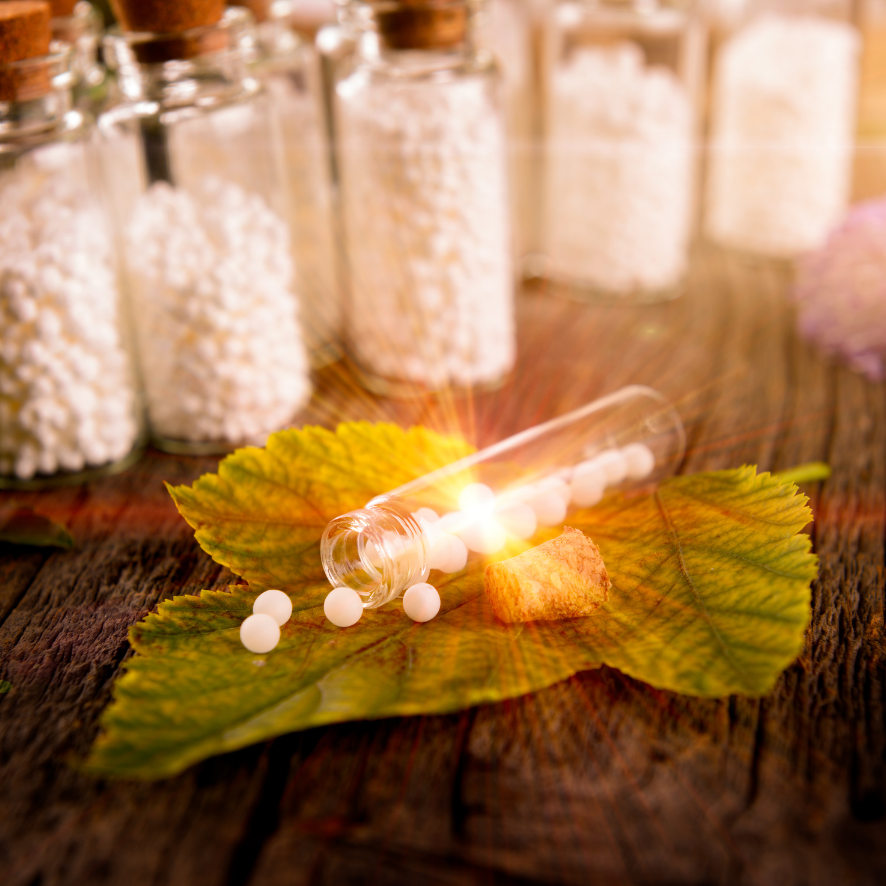CDC has learned of reports that some people have experienced severe allergic reactions—also known as anaphylaxis—after getting a COVID-19 vaccine. As an example, an allergic reaction is considered severe when a person needs to be treated with epinephrine or EpiPen© or if they must go to the hospital.
If you get a COVID-19 vaccine and you think you might be having a severe allergic reaction after leaving the vaccination site, seek immediate medical care by calling 911.

A container of 5 doses of COVID-19 vaccine (Scott Olson/Getty Images)
Thousands of people have been unable to work or perform daily activities, or required care from a health care professional, after getting the new COVID-19 vaccine, according to new data from the Centers for Disease Control and Prevention (CDC).
As of Dec. 18, 3,150 people reported what the agency terms “health impact events” after getting vaccinated. Those who are experiencing these “events” are “unable to perform normal daily activities, unable to work,” or “required care from [a] doctor or health care professional.”
The incidents were reported through V-safe, a smartphone application. The tool uses text messages and web surveys to provide personalized health check-ins, and allows users to quickly tell the CDC if they’re experiencing side effects.
Anaphylaxis Following mRNA Vaccination was presented on Dec. 19 by Dr. Thomas Clark, a CDC epidemiologist, to the Advisory Committee on Immunization Practices, an independent panel that provides recommendations to the agency.
At least five health care workers in Alaska experienced adverse reactions after getting the Pfizer vaccine, the Anchorage Daily News reported. One worker at the Bartlett Regional Hospital required treatment at the hospital for at least two nights.
An Illinois hospital halted vaccinations after four workers suffered adverse reactions.
Dr. Peter Marks, director of the Food and Drug Administration’s Center for Biologics Evaluation and Research, told reporters in a call on Dec. 17 that the agency is working with the CDC and colleagues in the UK on probing the allergic reactions.
“We’ll be looking at all of the data we can from each of these reactions to sort out exactly what happened. And we’ll also be looking to try to understand which components of the vaccine might be helping to produce them,” he said.
Virus Immunity & Antivirals
What CDC Recommends
If you have ever had a severe allergic reaction to any ingredient in a COVID-19 vaccine, CDC recommends that you should not get that specific vaccine. If you have had a severe allergic reaction to other vaccines or injectable therapies, you should ask your doctor if you should get a COVID-19 vaccine. Your doctor will help you decide if it is safe for you to get vaccinated.
CDC recommends that people with a history of severe allergic reactions not related to vaccines or injectable medications—such as allergies to food, pet, venom, environmental, or latex—may still get vaccinated. People with a history of allergies to oral medications or a family history of severe allergic reactions, or who might have an milder allergy to vaccines (no anaphylaxis)—may also still get vaccinated.
If you have a severe allergic reaction after getting the first shot, you should not get the second shot. Your doctor may refer you to a specialist in allergies and immunology to provide more care or advice.
Safeguards Are in Place
CDC has provided recommendations for COVID-19 vaccination providers about how to prepare for the possibility of a severe allergic reaction:
- All people who get a COVID-19 vaccine should be monitored on-site. People with a history of severe allergic reactions should be monitored for 30 minutes after getting the vaccine. All other people should be monitored for 15 minutes after getting the vaccine.
- Vaccination providers should have appropriate medications and equipment—such as epinephrine, antihistamines, stethoscopes, blood pressure cuffs, and timing devices to check your pulse—at all COVID-19 vaccination sites.
- If you experience a severe allergic reaction after getting a COVID-19 vaccine, vaccination providers should provide rapid care and call for emergency medical services. You should continue to be monitored in a medical facility for at least several hours.
Sources:
https://www.theepochtimes.com/thousands-negatively-affected-after-getting-covid-19-vaccine_3625914.html
https://www.cdc.gov/vaccines/covid-19/info-by-product/pfizer/anaphylaxis-management.html
https://beta.documentcloud.org/documents/20432769-05-covid-clark

























































